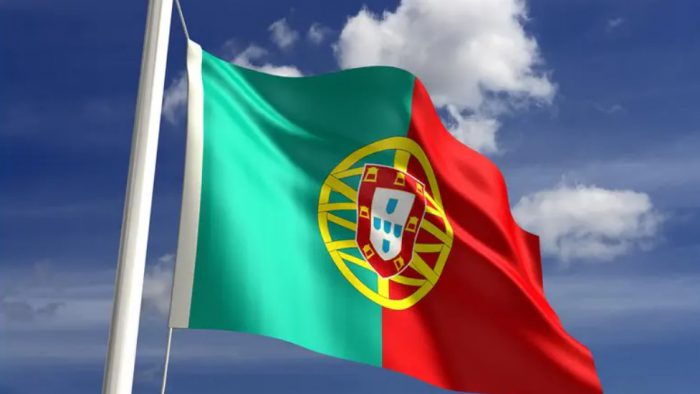Portugal’s move to recognize a Palestinian state bypasses negotiations with Israel and risks emboldening terror groups, destabilizing Europe’s own security.
Portugal announced Friday that it will officially recognize a Palestinian state on Sunday, ahead of a high-level conference next week. The decision follows Prime Minister Luis Montenegro’s August remarks that his government was weighing recognition in coordination with other EU states, possibly coinciding with the UN General Assembly in September.
The move reflects a growing trend among some European governments to issue symbolic recognition of “Palestine” — but analysts warn that such gestures undermine peace efforts by legitimizing unilateral action instead of encouraging direct negotiations with Israel.
The Palestinian Authority (PA) has long pushed for statehood recognition as a way to sidestep peace talks, while continuing to incite violence and reward terrorists through its infamous “pay-for-slay” program. Worse, recognition risks strengthening Hamas and other Iran-backed terror groups that openly reject Israel’s right to exist.
Lisbon’s choice to move ahead — even after years of preferring to act in step with EU partners — will be read by extremists as a political victory without compromise or accountability. Israeli officials have repeatedly stressed that peace can only come through direct dialogue, security guarantees, and mutual recognition, not international shortcuts that embolden rejectionists.
Critics also note that at a time when Europe faces rising Islamist terrorism, antisemitism, and instability, rewarding Palestinian leadership without demanding reforms or peace commitments could boomerang against Europe’s own security interests.
For Israel and the West, the message is clear: recognition without peace is recognition of terror.





